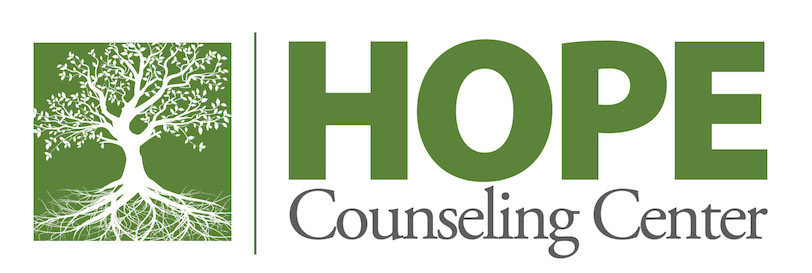Eating Disorders
We are in an image obsessed culture. At a young age most people experience being teased over their clothing, body shape, or physical features. From the first moment we look into a television we see beautiful people, day after day, week after week, month after month, year after year. The childhood teasing, the photoshopped magazines and the endless hours of television...the message is clear, you don't matter other than the physical you; there is no identity other than the physical you. We are told that happiness is wrapped up in our physical appearance...our health...and the rudder for all that happiness is food. Yet, the Gospel says that our biggest problem doesn't exist in our physical bodies, but in our spiritual selves...our hearts. Often times we don't want God to change our heart, we just want him to change our figure.
It is interesting that the Scriptures specifically speak of Jesus as one who "had no form or majesty that we should look at him, and no beauty that we should desire him" (Isaiah 53:2). It seems that the Savior of the World, in physical appearance, was quite unmemorable.
The slavery of an eating disorder can manifest itself through different behaviors like: self-induced vomiting, the use of laxatives, the obsessive weighing, calorie counting, the avoidance of eating with others, and food rituals...among others. These repetitive behaviors could easily be considered aspects of a self-made religion. The Scriptures speak to our behaviors and exposes our motives.
“...do you submit to regulations - “Do not handle, Do not taste, Do not touch”... these have indeed an appearance of wisdom in promoting self-made religion and asceticism and severity to the body, but they are of no value in stopping the indulgence of the flesh.””
Eating disorders are destructive behaviors. These behaviors can have dramatic influence on a person's body. This is why at HOPE, we insist that counseling be in conjunction with frequent assessments of your physical condition from your local physician.
